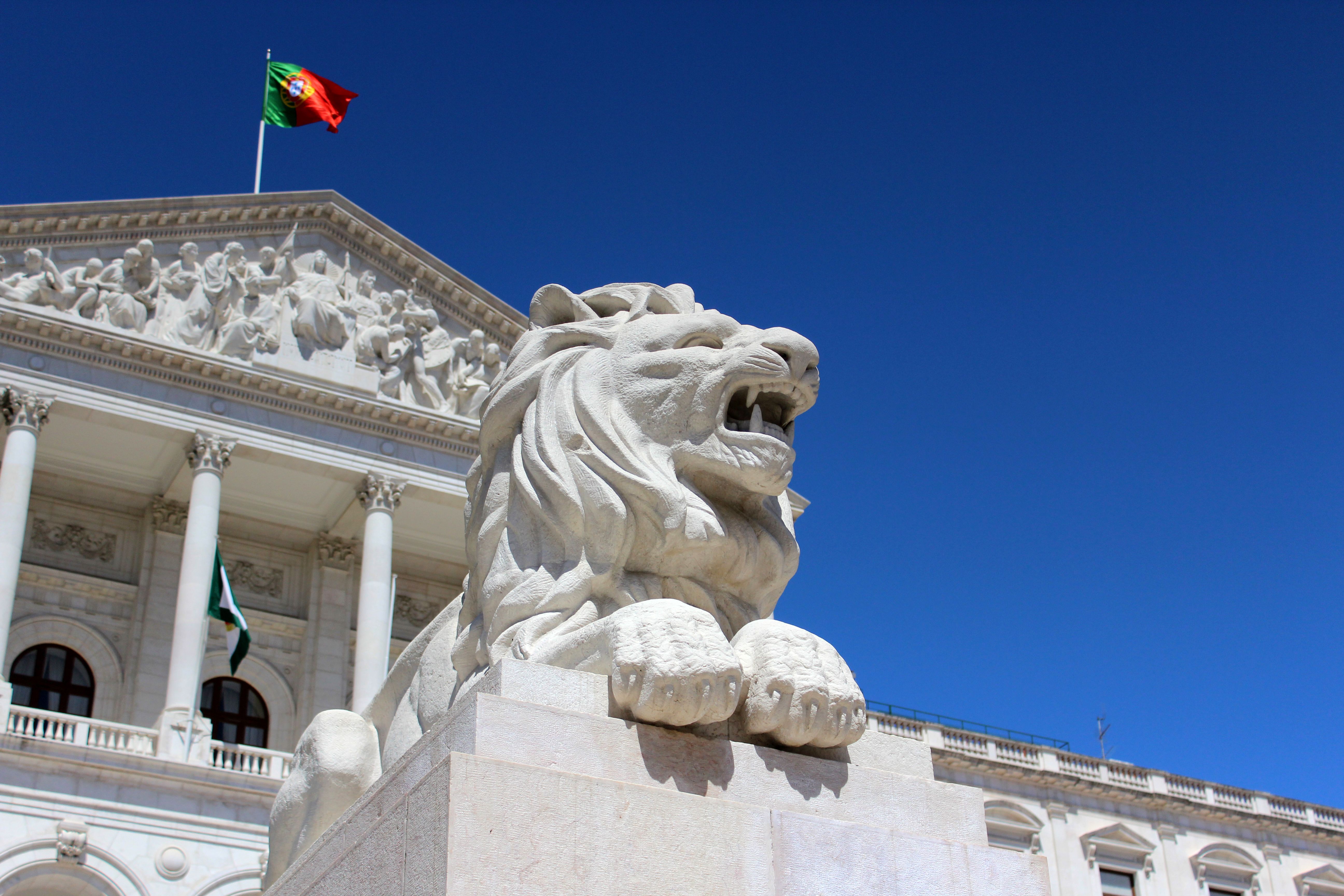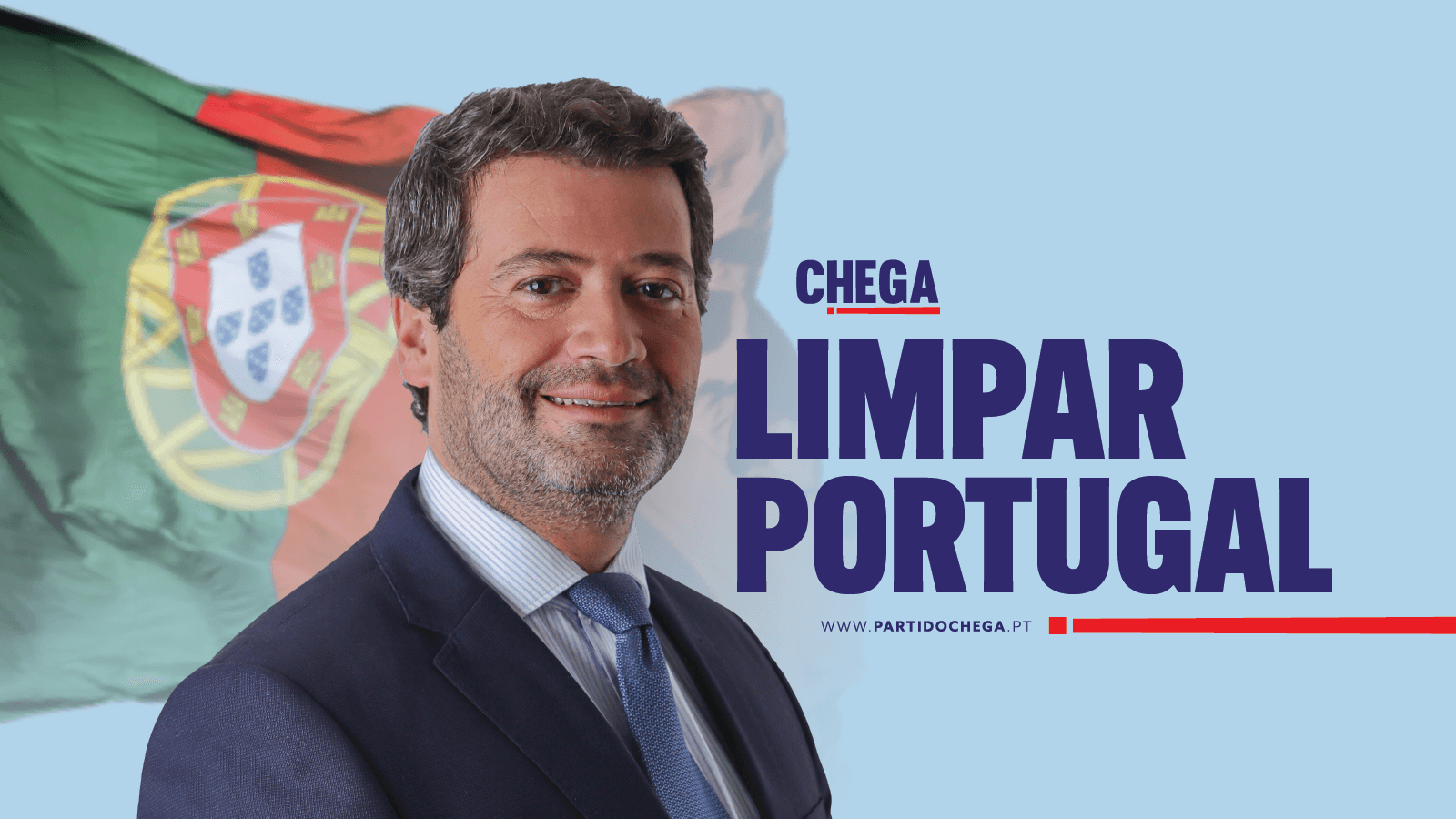Marcelo Rebelo de Sousa Veta Novas Leis do Chega
Understanding the Recent Vetoes by President Marcelo Rebelo de Sousa
In recent weeks, Portuguese President Marcelo Rebelo de Sousa has made headlines by vetoing a series of legislative proposals put forth by the Chega party. These vetoes have sparked widespread discussion and debate across the political spectrum in Portugal. As a key figure in the nation's politics, President de Sousa's decisions are closely watched, and his recent actions have not gone unnoticed.

The Rationale Behind the Vetoes
The primary reason cited by President Marcelo Rebelo de Sousa for vetoing the proposed laws is their incompatibility with Portugal's constitutional framework. The President has taken a firm stance, emphasizing that any legislation must align with the democratic principles and rights enshrined in the Constitution. This commitment to upholding constitutional integrity is a cornerstone of his presidency.
Additionally, President de Sousa has expressed concerns about the potential social impact of these laws. He has highlighted that some proposals could exacerbate divisions within society, rather than promote unity and social cohesion. Protecting the fabric of Portuguese society remains a priority for his administration.
Reactions from Political Parties
The vetoes have elicited varied reactions from different political parties. Chega, the party behind the proposed laws, has criticized the President's decisions, arguing that they stifle necessary legislative reform and hinder their political agenda. On the other hand, opposition parties have largely supported President de Sousa's actions, viewing them as a safeguard against populist measures that could undermine democratic values.

This divergence in opinion highlights the ongoing polarization within Portuguese politics. It underscores the challenges faced by political leaders in navigating complex legislative landscapes while balancing public opinion and constitutional mandates.
Public Opinion and Media Coverage
The media coverage surrounding these vetoes has been extensive, with commentators and analysts weighing in on the implications for Portugal's political future. Many citizens have taken to social media platforms to express their views, with some applauding the President's steadfastness and others questioning the role of executive power in shaping legislative outcomes.
Public opinion appears to be divided, reflecting broader societal debates about governance, representation, and accountability. Understanding these dynamics is crucial for comprehending the current political climate in Portugal.

The Broader Implications of the Vetoes
President Marcelo Rebelo de Sousa's vetoes extend beyond immediate political considerations. They serve as a reminder of the importance of constitutional checks and balances in democratic societies. By exercising his veto power, President de Sousa reinforces the idea that legislation must be carefully scrutinized to ensure it aligns with national values and legal standards.
Looking ahead, these actions may influence future legislative proposals and encourage more rigorous dialogue among political parties. The emphasis on constitutional adherence is likely to shape the legislative agenda in Portugal for years to come.